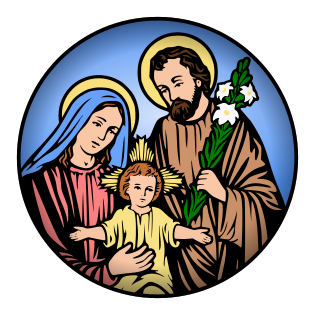Joy is defined as a feeling of great pleasure or happiness … it could also be described as delight, glee, exuberance … In a spiritual sense, however, joy carries a deeper meaning – it is an expression of the goodness of God. It is a deeply rooted, inspired happiness. Yet, while we use the term ‘happiness’ in part to define joy, it is so much than just happiness. The feeling of being happy is based mainly on external experiences that come and go. Joy, on the other hand, is stronger… it is an attitude of the heart.
Amid the coronavirus pandemic and all the madness associated with it, there has not been much to be joyful about. People have lost jobs, businesses have closed – even churches temporarily closed their doors … and even the attempts made to try to recapture some sense of normalcy in our day-to-day lives restrictions of all sorts present major hindrances to such efforts. What exactly have we to be joyful about?
In an article I read recently, the author made note of a comment she had heard in a homily by a young priest. The newly ordained said this: “God wants to meet you at the point of your greatest fear.” A striking comment that had cut right to her heart … for according to her, this is precisely what she had been avoiding for years – allowing God to enter that darkness and take her fears. It is true to say that we have fears of one thing or another. The past year has made us fearful sickness, death, of one another, fearful of government, travel, to be with family and friends, and so forth. We have become afraid of life. Hope, the author explains, is the antidote to fear … for it is in the midst of such darkness where hope offers the prospect of something better … yet another attitude of the heart that seems lost in this year of darkness.
Yet, it is precisely in this darkness that God became a human being. You see, the birth of Christ is no ordinary birth. God became a man and as such entered the world of human suffering. He embraced it, took it upon Himself, and He Himself suffered … Christ takes the lead now. By coming to us a human being … He takes on our fears, our worry, anxiety – He takes all our pain and suffering upon Himself relieving us of the burden, freeing our hearts, minds and souls … And then, in a miraculous fashion feeds us with Himself … He takes on our pain and suffering and then gives us back Himself in Holy Communion … Each and every Mass then, every time we come to worship is like Christmas because our God is made present to us in the Eucharist … Surely, life does not always go the way we want it to, our dreams do not always become a reality … and needless to say, this year has not been good to many. Yet that does not mean that our God has left us, that He has abandoned us … No, He is among us. He gets into us – He invades our hearts, minds and souls … As such, He teaches the lessons of faith and trust … He reminds us of the simple things that matter most – faith, family, friendships … because in doing so He reminds us that darkness and disappointment are no match for His Goodness and light … And for these reasons He restores our hope and brings us joy.
Our Christmas gatherings will be different this year … fewer, smaller … but there is one thing we can all do – either now, before leaving church or on your own, in a private space in your home … take 5-10 minutes to be thankful … speak to God words of gratitude – “count your blessings” – pray for those with whom we cannot gather, those who have died, those who are alone and ask Our Lord to be with them this night/day to bring them hope and joy.
